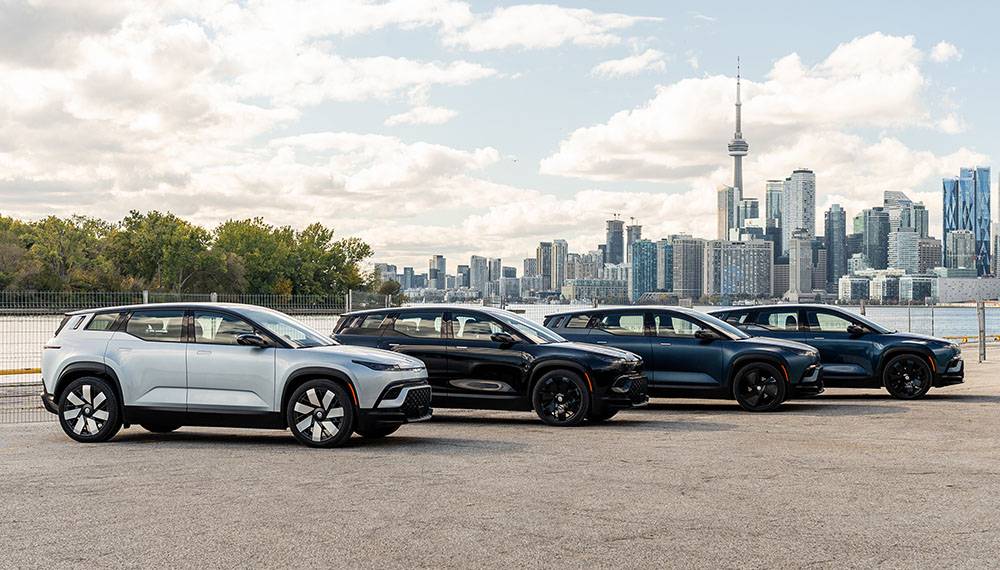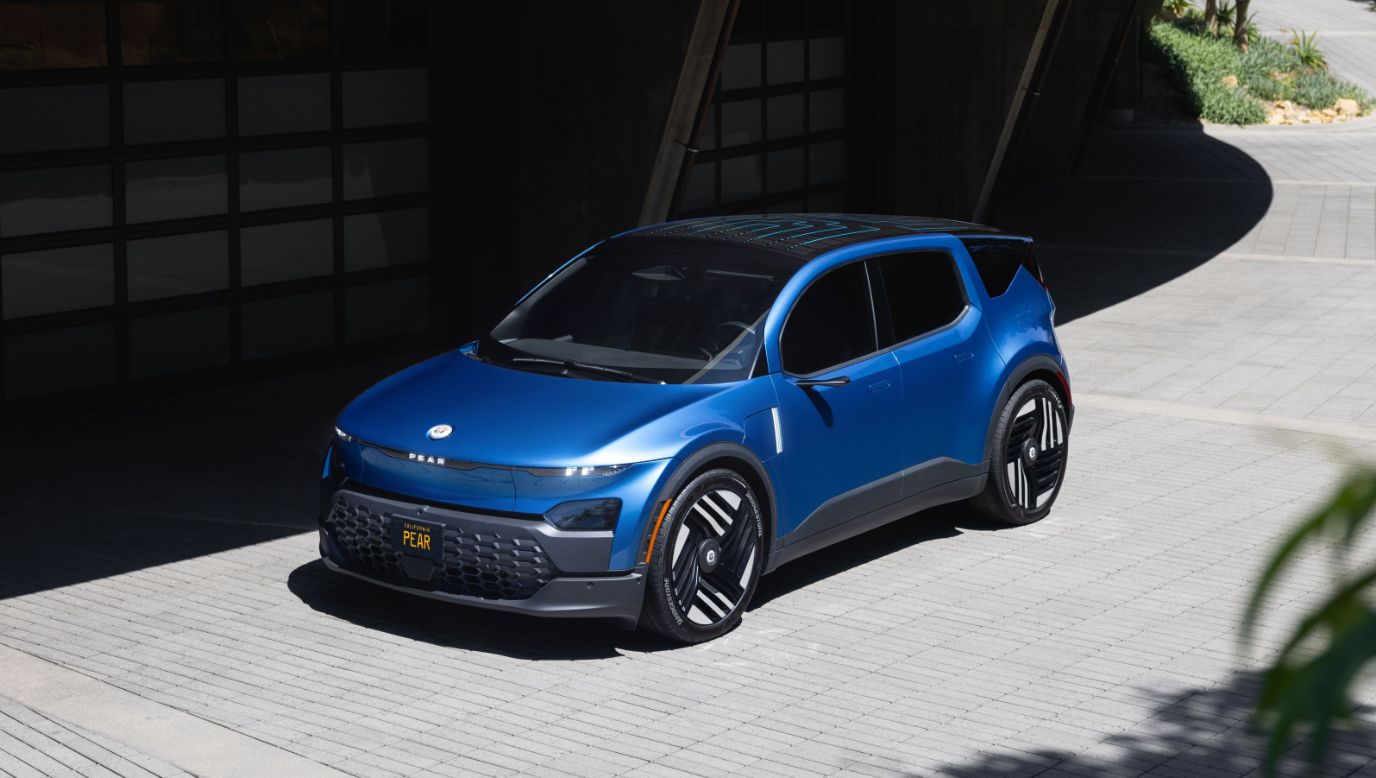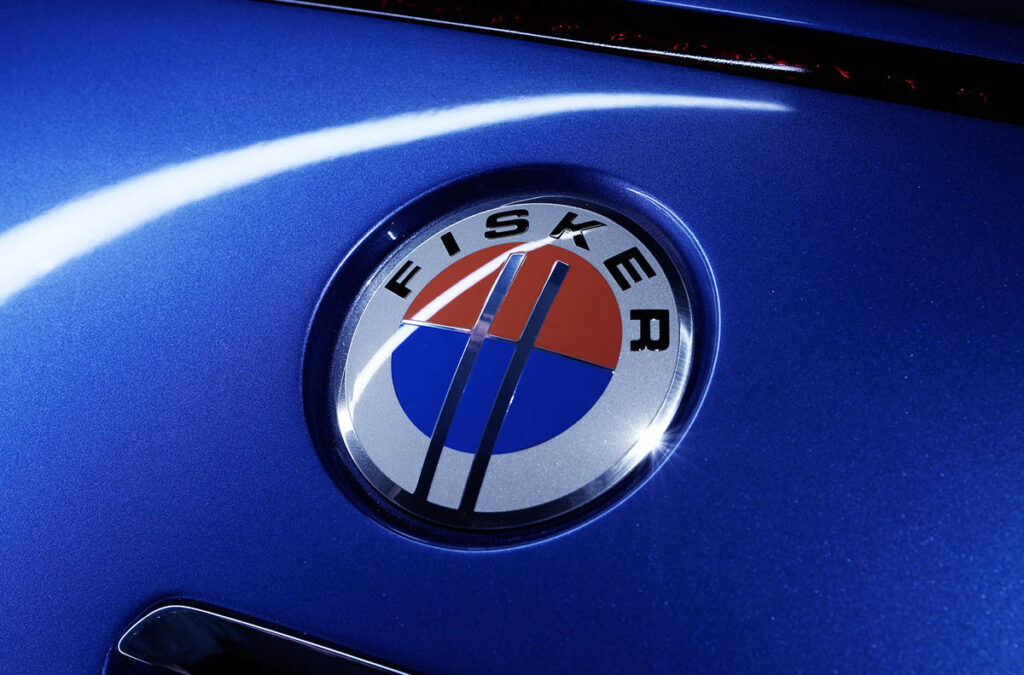Fisker saw its shares tumble nearly 40% on Friday after the electric-vehicle startup disclosed risks related to its ability to continue operations. The company announced plans to reduce its workforce by 15% and pause investments in future projects until it finalizes a partnership with a manufacturer.
“We are facing a difficult year ahead,” said a spokesperson for Fisker, highlighting the challenges in the EV sector. This announcement follows weak production forecasts from competitors Rivian and Lucid, indicating broader struggles within the industry.
See also: Fisker’s Q4 Revenue Misses Estimates, Warns of Going Concern Status

The company’s shares, which traded down 38.9% at 44 cents in premarket trading, have also been affected by a notice from the New York Stock Exchange indicating non-compliance with a listing rule.
Factors such as high interest rates, range anxiety, and high repair costs are causing consumers to reconsider EV purchases and instead opt for hybrids, further impacting Fisker’s outlook.
Fisker expects to produce between 20,000 and 22,000 Ocean vehicles in 2024, falling short of earlier estimates of 35,600, according to data from Visible Alpha.
See also: Fisker Advances with Pear: Entry-Level Electric Vehicle Production Set for 2025

Despite ending 2023 with cash and cash equivalents of $325.5 million, down from $527.4 million as of September 30, the company stated it will need additional cash over the next 12 months. This comes despite a “higher-than-usual” cash injection expected in the first half of 2024 from delayed deliveries of its Ocean SUVs.
Fisker is shifting its business model from direct-to-customer sales to a dealer-partner model, a move diverging from strategies followed by other EV manufacturers. Analysts suggest that Fisker’s survival hinges on its ability to execute a deal.

CEO Henrik Fisker noted that the company does not plan to allocate funds to future projects, including the Alaska pickup truck and PEAR compact car, without securing another manufacturing partner.
“Fisker is in negotiations with a large automaker for a potential transaction which could include an investment in Fisker, joint development of one or more electric vehicle platforms, and North America manufacturing,” Henrik Fisker added.
